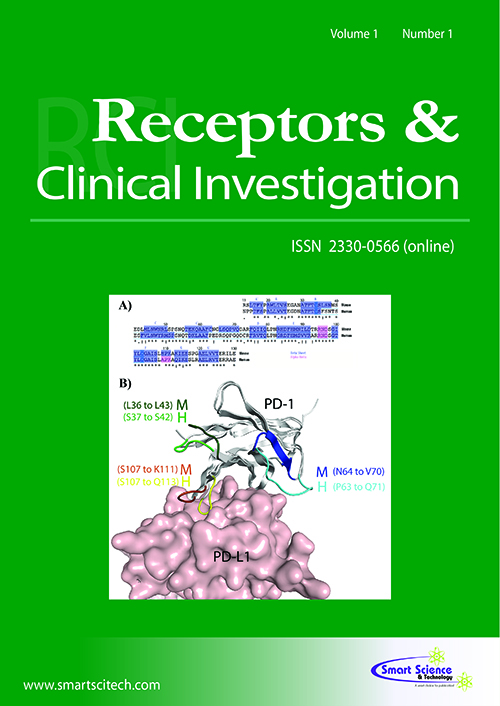Role of the nuclear pregnane X receptor in drug metabolism and the clinical response
Abstract
The pregnane X receptor (PXR) is an orphan nuclear receptor that regulates the expression of phase I and phase II drug metabolizing enzymes and transporters involved in the absorption, distribution, metabolism, and elimination of xenobiotics. PXR is expressed predominantly in the liver and intestine and resembles cytochrome P450s (CYPs), which is a phase I drug metabolizing enzyme. It is estimated that CYP 3As and CYP2Cs metabolize > 50% of all prescription drugs. PXR upregulates gene expression of these CYPs. Therefore, PXR plays a crucial role detoxifying xenobiotics and could potentially have effects on drug-drug interactions. PXR is reportedly responsible for activating a variety of target genes through cross-talk with other nuclear receptors and coactivators at transcriptional and translation levels. Recent findings have demonstrated the regulatory role of PXR and show the potential use of a PXR antagonist during drug therapy. In addition, genetic variations in the PXR gene are associated with the pharmacological effects of several drugs, and inter-individual differences in the clinical response are likely to be understood through these PXR polymorphisms. Many approaches have been used to explain the PXR regulatory mechanisms, such as microRNA-mediated PXR post-translational regulation and diverse PXR haplotype analysis. Understanding these PXR polymorphisms may lead to improving personalized therapeutic treatments.











